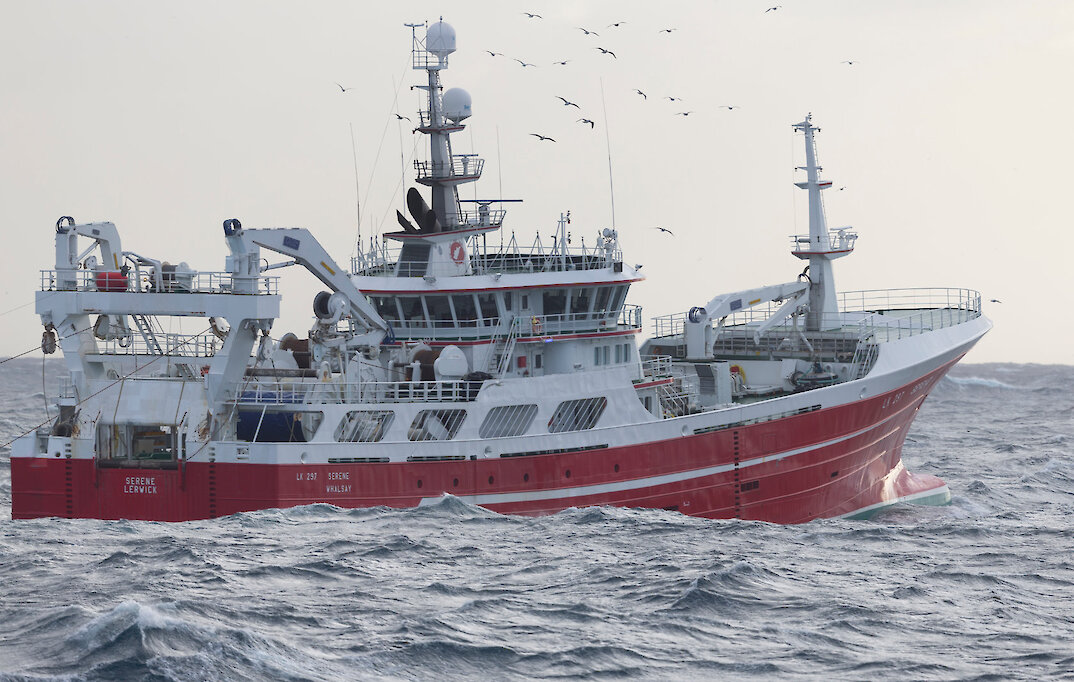Island fishermen urge government to recognise importance of industry

Fishermen in Scotland’s islands have joined together to urge ministers to recognise the importance of the industry to the wellbeing of their remote communities.
As MSPs at Holyrood hold a debate today on “Supporting and strengthening Scotland’s island communities”, the four associations representing island fishermen emphasised that fishing was an important employer and contributed strongly to economic and cultural sustainability.
Shetland Fishermen’s Association executive officer Simon Collins said: “Fishing is one of the very few industries that can realistically be expected to make a substantial contribution to these communities’ long-term sustainability.
“Scotland’s islands account for between a quarter and a third of the landings, vessels and jobs in Scotland’s catching sector. They also generate significant knock-on effects in investment and employment on the mainland, from marine engineering and electronics to seafood processing and distribution.
“A healthy fishing industry throughout Scotland’s islands would not only strengthen and diversify the rural economy. It could also be expected to benefit the Scottish economy as a whole.”
The island fishermen represented by the Clyde Fishermen’s Association, the Orkney Fisheries Association, the Shetland Fishermen’s Association and the Western Isles Fishermen’s Association want the Scottish Government to recognise:
- That control over access to Scottish waters should not be traded away as part of any Brexit settlement, as it is the most effective means of ensuring fairer shares of quotas for local fishing vessels;
- That Scotland’s islanders should have a particular voice in shaping the fisheries management regime;
- That as island communities heavily dependent on fishing are the ultimate stakeholders in healthy seas, they should have the final say in designating marine protected areas in their waters;
- That every effort should be made to secure tariff-free access to European markets for locally-caught seafood;
- That more stringent protection is required against marine pollution.